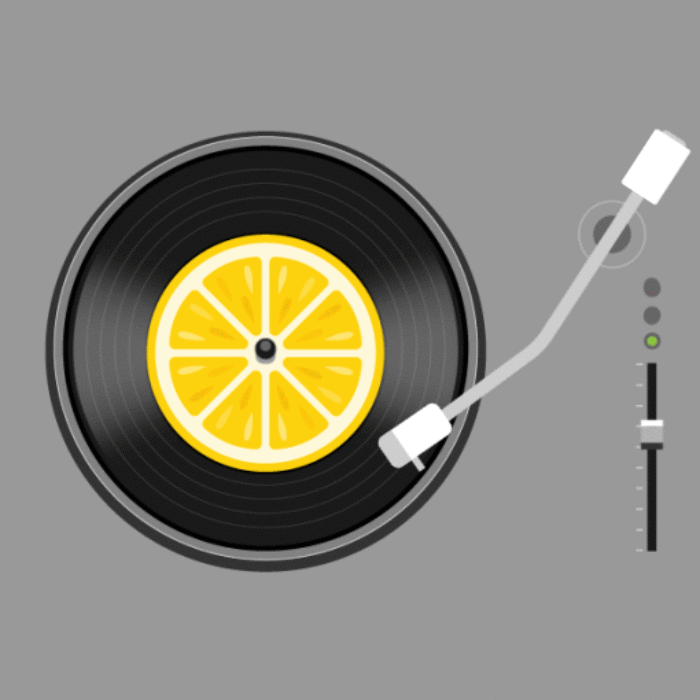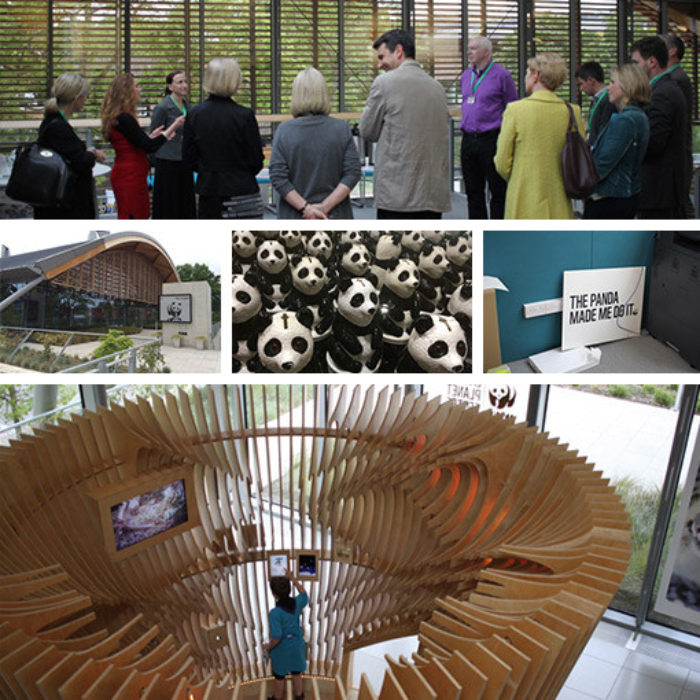Being a human organisation (part 4): Define what you believe
Welcome to part four of this nine-part series on how to be a more human organisation. In previous articles, we’ve looked at how Human Organisations understand people and our social nature, and the need for a shared purpose. Now, let’s explore the power of belief.
Beliefs shape action
Here is a basic principle of human behaviour: what we believe decides our actions. Beliefs dictate how we use our time, where we live, the friendships we form, the companies we work for, and the politicians we vote for. Our beliefs directly influence our actions, every day.
Authentic human organisations define their beliefs and try to live them. When they don’t, they should hold themselves to account. I say ‘beliefs’, rather than ‘values’, because beliefs are easier to translate into actions. Let’s look at two examples. See if you can guess the companies from these extracts, and if you believe they hold true to these statements…
Company 1: ‘10 things we know to be true’ [extract]
- Focus on the user and all else will follow: When we build new tools and applications, we believe that they should work so well you don’t have to consider how they might have been designed differently.
- It’s best to do one thing really, really well: We do search.
- Fast is better than slow: We know that your time is valuable, so when you’re seeking an answer on the web you want it right away, and we aim to please.
Do you even need to look up the answer?
Company 2: ‘Leadership principles’
- Leaders start with the customer and work backwards.
- They think long term, and don’t sacrifice long-term value for short-term results.
- They act on behalf of the entire company, beyond just their own team.
- They expect and require innovation and invention from their teams, and always find ways to simplify.
- They are externally aware, look for new ideas from everywhere, and are not limited by ‘not invented here’.
- They seek diverse perspectives and work to disconfirm their beliefs.
Any Prime candidates?
Articulating beliefs
Every organisation has beliefs. Failing to articulate or live your beliefs can have a huge cost. In September 2015, Volkswagen admitted rigging emissions tests for its cars. The first few days of the scandal led to a 30% decline in its share value, the resignation of its CEO, and €6.5bn set aside for costs; while a belief amongst lenders that subprime mortgages were a worthy investment ultimately precipitated the global financial crisis of 2007/8, with total losses in the $trillions.
Here’s an example of defined beliefs. I was looking through some old issues of IBM’s internal magazine Think and came across a copy from 1972. In it is an interview with Thomas J Watson Jr., the son of IBM’s founder. Here he’s explaining the idea of public interest: “It’s a development of an idea which began to occur to me back in the early 1960s when I served on the Labor-Management Advisory Committee set up by President Kennedy. As I worked with this group, an idea came to me that I’d never thought of before – that corporations, in making decisions without consideration for anybody but themselves, could from time to time end up with decisions which are not totally in the public interest. My father before me used to talk about a company’s responsibilities to its employees, stockholders, and customers. In this lecture I added another – to the public or national interest.”
Like any other organisation, IBM hasn’t always got it right, but this statement from 50 years ago articulates beliefs that the company seeks to live.
A simple framework for action
When it comes to organisations living their beliefs, the approach is to provide freedom within a framework. Then we have a choice. Do we make the framework so tight as to restrict movement? Or do we loosen it up to give people freedom to be themselves and use their smarts? Either way, the framework itself isn’t difficult to define. It’s the five Ps:
- Purpose
- Principles
- Priorities
- Policies
- Processes
Of course, there should be rules. We all follow them, whether driving a car, walking on the pavement, or singing in church. Rules shouldn’t reduce creativity; football is still a beautiful game even though it has rules.
And a framework doesn’t need to cover every eventuality. This is the real world. Even with our own personal principles, there are always trade-offs, e.g. I want to reduce my impact on the environment but I also want to explore new cities with my friends.
Sometimes loose is OK. Roger Steare described three underlying ethical principles1.
“Do what makes sense, do what feels right, do what is fair.”
Roger Steare, philosopher and author
People principles
At a high level, these core principles seem to guide human actions, even at work:
- Compassion: Does our action demonstrate care for people, or does it do harm?
- Fairness: We need to be fair and be seen to be fair. Check out the Equal Treatment Bench Book for judges and magistrates in England, it’s worth a read2.
- Reciprocity: The cousin of fairness. In our informal networks, we exchange all the time. I might provide advice to a friend about finding a job. They might be available to help me with a technology problem. It only becomes an issue if one of us is doing all the giving. Nobody likes free-riders.
- Freedom: Economist John Stuart Mill made the case for freedom like this: “The only purpose for which power can be rightfully exercised over any member of a civilized community, against his will, is to prevent harm to others”. Freedom within a framework.
- Obedience: Obeying a higher power, complying with the law and the spirit of the law. In cultures based more on social principles, this is framed more as responsibilities. In cultures based more on individual liberties, laws are more about rights.
- Loyalty to the group: “It takes less than 200 milliseconds for your brain to register that the group has picked a different answer from yours, and less than 380 milliseconds for a profile of activation that predicts changing your opinion.” Robert Sapolsky, American professor of biology3.
- Valued by the group: Every organisation forms a wide tribe of its own. There will be things that you value that emerge from your culture.
- Reasonable: We may need to balance different impacts on different people, or balance short-term vs. long-term impacts.
- Feels right: We can’t separate reason from gut feel. Social psychologist Jonathan Haidt believes our moral decisions are intuitive4: we do first, and justify later.
Three ways of looking at principles
When we are creating principles for our organisation, we may want to emphasise:
- The act: Rewarding good acts and punishing bad. It’s possible to be a good person and do something wrong.
- The actor: Recognising people for their integrity and identity. “That good act was typical of my identity. That bad act wasn’t like me.”
- The outcome: Good job nobody was hurt, or bad job that someone was hurt.
Academics try to use labels to make this inaccessible for pub conversations. The first is called virtue ethics; the second, deontology; and the third, consequentialism.
I believe we should talk
As discussed above, this is part four of a blog series on the characteristics of the human organisation. While you wait for the next instalment, read about all nine by downloading our report: The Human Organisation
And if you want a chat about how to make your organisation more human, or how to future-proof your business, drop me a line at John.Drummond@CorporateCulture.co.uk
Sources:
- Ethicability: How to Decide What’s Right and Find the Courage to Do it (Steare, 2006)
- https://www.judiciary.uk/publications/new-edition-of-the-equal- treatment-bench-book-launched/
- Behave: The Biology of Humans at Our Best and Worst (Sapolsky, 2017)
- The Righteous Mind: Why Good People Are Divided by Politics and Religion (Haidt, 2012)




